Text
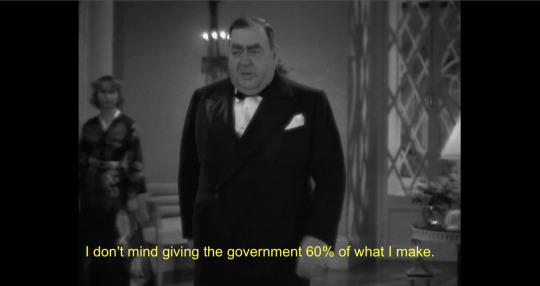
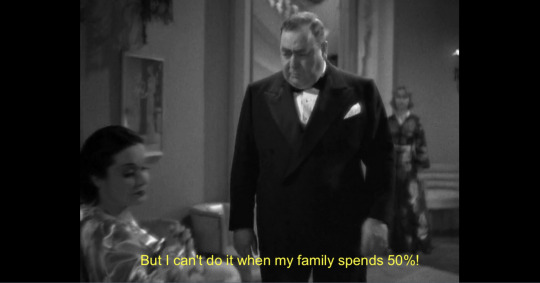

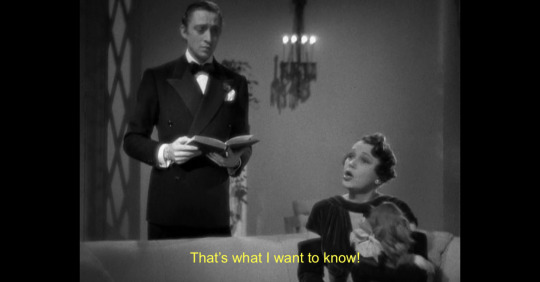
My Man Godfrey (1936)
#my man godfrey#carole lombard#eugene pallette#taxes#money#oh money money money the frankenstein monster that destroys souls
0 notes
Text
Some that turn over all books, and are equally searching in all papers; that write out of what they presently find or meet, without choice. By which means it happens that what they have discredited and impugned in one week, they have before or after extolled the same in another. Such are all the essayists, even their master Montaigne. These, in all they write, confess still what books they have read last, and therein their own folly so much, that they bring it to the stake raw and undigested; not that the place did need it neither, but that they thought themselves furnished and would vent it.
-Ben Jonson
0 notes
Text
New Year’s morning—
everything is in blossom!
I feel about average.
A huge frog and I
staring at each other,
neither of us moves.
-Robert Hass, "After the Gentle Poet Kobayashi Issa"
0 notes
Text
People are vivid
and small
and don’t live
very long—
-Molly Brodak
1 note
·
View note
Text
Here is something like a confession which is meant merely to thematize the impossibility of confession: As a young person, I suffered for a long time, and I suspect many people have, from being told, explicitly or implicitly, that what I "am" is a copy, an imitation, a derivative example, a shadow of the real. Compulsory heterosexuality sets itself up as the original, the true, the authentic; the norm that determines the real implies that "being" lesbian is always a kind of miming, a vain effort to participate in the phantasmatic plenitude of naturalized heterosexuality which will always and only fail. And yet, I remember quite distinctly when I first read in Esther Newton's Mother Camp: Female Impersonators in America that drag is not an imitation or a copy of some prior or true gender; according to Newton, drag enacts the very structure of impersonation by which any gender is assumed. [...] Drag constitutes the mundane way in which genders are appropriated, theatricalized, worn, and done; it implies that all gendering is a kind of impersonation and approximation. If this is true, it seems, there is no original or primary gender that drag imitates, but gender is a kind of imitation for which there is no original; in fact, it is a kind of imitation that produces the very notion of the original as an effect and consequence of the imitation itself.
-Judith Butler, "Imitation and Gender Insubordination"
4 notes
·
View notes
Text
I never wanted to be a poet. I wanted to be a spaceman. So this is it. My wildest fantasy of being a poet exists in social media because I feel like you are walking down the street in your connected notebook. It’s sort of like when you realize the poem is no longer a whole, it’s just stabs at trying to notate a vivid, fleeting experience, so maybe a line comes to you—and it’s really hard to figure out what’s poetry and what’s a tweet at this time—but the line comes and you literally can show the thing that you saw, or not. I mean, they can’t be in the sensorium with you, but you make the joke, Here’s the thing I saw and here’s the line that came to me and I’m sending this out to seven thousand people right now and I’m gleeful that I’m not alone in this particular way.
-Eileen Myles
1 note
·
View note
Text
The phenomenon of transference—how we all invent each other according to early blueprints—was Freud’s most original and radical discovery. The idea of infant sexuality and of the Oedipus complex can be accepted with a good deal more equanimity than the idea that the most precious and inviolate of entities—personal relations—is actually a messy jangle of misapprehensions, at best an uneasy truce between powerful solitary fantasy systems. Even (or especially) romantic love is fundamentally solitary, and has at its core a profound impersonality. The concept of transference at once destroys faith in personal relations and explains why they are tragic: We cannot know each other. We must grope around for each other through a dense thicket of absent others. We cannot see each other plain. A horrible kind of predestination hovers over each new attachment we form. “Only connect,” E. M. Forster proposed. “Only we can’t,” the psychoanalyst knows.
-Janet Malcolm, "The Impossible Profession"
#janet malcolm#freud#impossible profession#repetition#transference#love#invention#knowledge#predestination#connection#relationships#misunderstanding#misrecognition#psychoanalysis#modernism
6 notes
·
View notes
Text
Man has rehearsed for hundreds of thousands of years to learn a certain sense of time. He gets up in the morning and the hours wheel in their ancient order across the sky until it grows dark again and he goes to sleep. A movie critic gets up in the morning and in two hours it is dark again, and the passage of time is fractured by editing and dissolves and flashbacks and jump cuts. "Get a life," they say.
-Roger Ebert, Life Itself
0 notes
Text

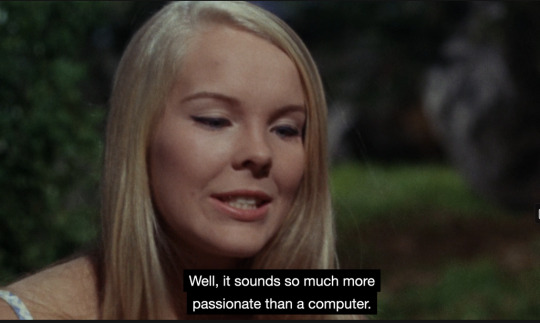
The Swimmer (1968)
3 notes
·
View notes
Text
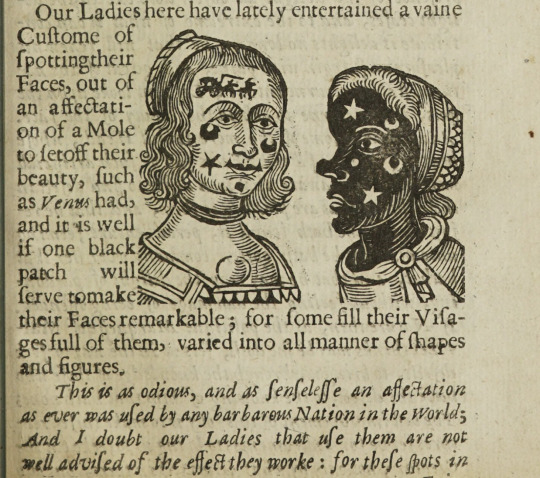

John Bulwer, Anthropometamorphosis: man transform'd; or, the artificial changeling. Historically presented, in the mad and cruel gallantry, foolish bravery, ridiculous beauty, filthy finenesse, and loathsome lovelinesse of most nations, fashioning and altering their bodies from the mould intended (1653)
#john bulwer#cosmetics#beauty#beauty spots#beauty patches#body modification#makeup#kim hall#engraving#contrast#transformation#complexion#imperfection#artifice#wellcome collection
1 note
·
View note
Text
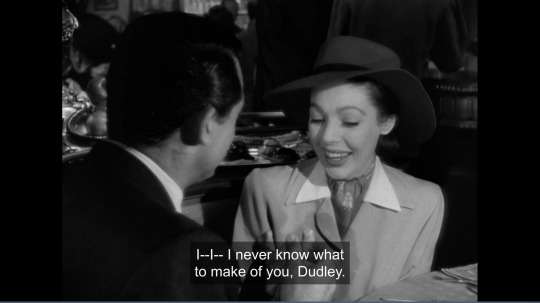


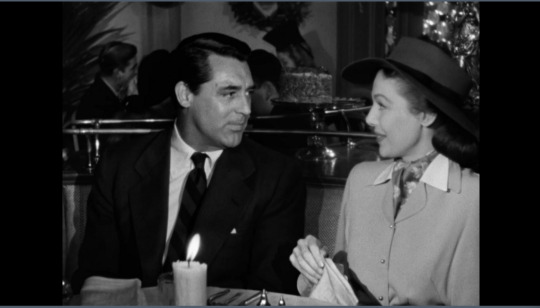
2 notes
·
View notes
Text
Woman is faithful (she waits), man is fickle (he sails away, he cruises). It is Woman who gives shape to absence, elaborates its fiction, for she has time to do so.
-Roland Barthes, A Lover's Discourse
#barthes#lover's discourse#woman#odyssey#absence#distance#fiction#imagination#travel#potential#leisure#waiting#love#love story#narrative
6 notes
·
View notes
Text
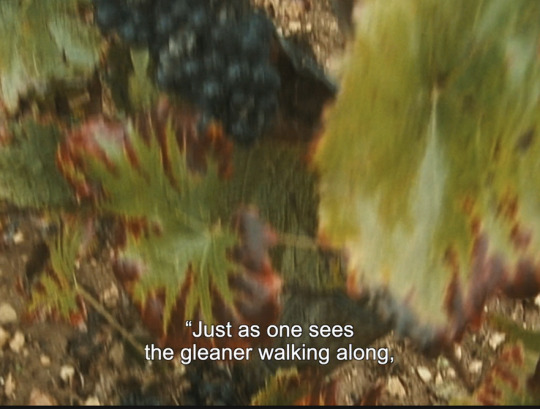
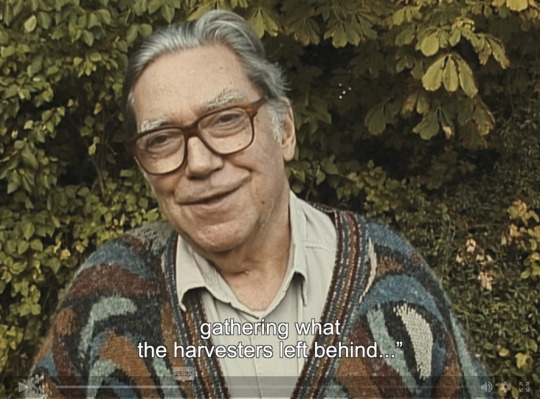

Les Glaneurs et la Glaneuse (dir. Agnès Varda)
#gleaning#les glaneurs et la glaneuse#the gleaners and i#varda#documentary#du bellay#poetry#recitation#learning by heart#renaissance poetry#antiquitez de rome
2 notes
·
View notes
Text
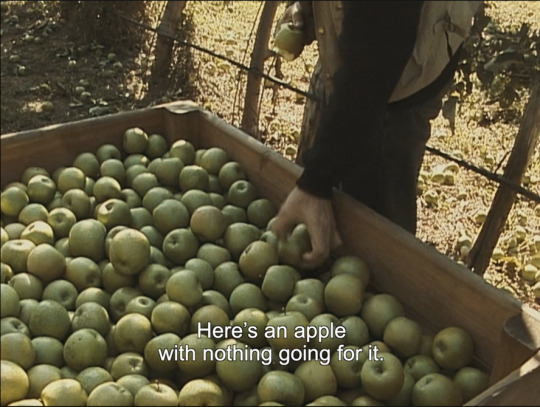
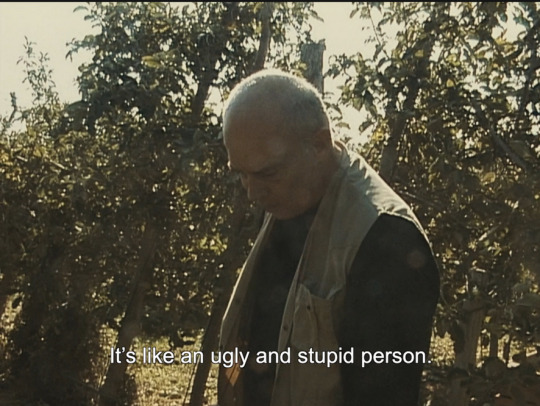
Les Glaneurs et la Glaneuse (dir. Agnès Varda)
2 notes
·
View notes
Text
When I think about it, the world of online discourse exists to take facts and turn them into material for jokes. Sometimes the jokes are not funny and not intended to be and the person posting doesn’t consider them to be a joke. But in some formal sense I think any short social media post about any current event is a joke. Whether sincere or moralistic or antagonistic or anything else. If it’s a tweet or an Instagram post or any of the rest, it’s just—a joke. You know? Everybody’s tossing off zingers. Even if they’re trying to do something else.
-B. D. McClay
#b.d. mcclay#online#twitter#speech act#joke#humor#social media#speech act theory#discourse#discourse machine#posting
0 notes
Text
By the end of the eighties, Madonna was innovating the form she had invented: the female mainstream avant-pop performance-artist superstar. In 1990, Pope John Paul II described her Blond Ambition World Tour as “one of the most satanic shows in the history of humanity.” Soon after that, in an essay for The New Republic, the critic Lucy Sante observed how unbearably hard Madonna was working—and for what? Not to make good music, according to Sante, or even for the money, but “to conquer the unconscious, to become indelible . . . a mutable being, a container for a multiplicity of images.”
-Michelle Orange, "Transformer"
#madonna#new yorker#vessel#projection#work ethic#self-fashioning#performance art#image#urns are containers#container#mutability#transformation#metamorphosis
1 note
·
View note
Text
So what is this divided being introduced into language through gender? It is an impossible being, it is a being that does not exist, an ontological joke.
-Monique Wittig
#monique wittig#gender#woman#ontology#joke#misogynist joke#impossibility#judith butler#imitation and gender insubordination
1 note
·
View note